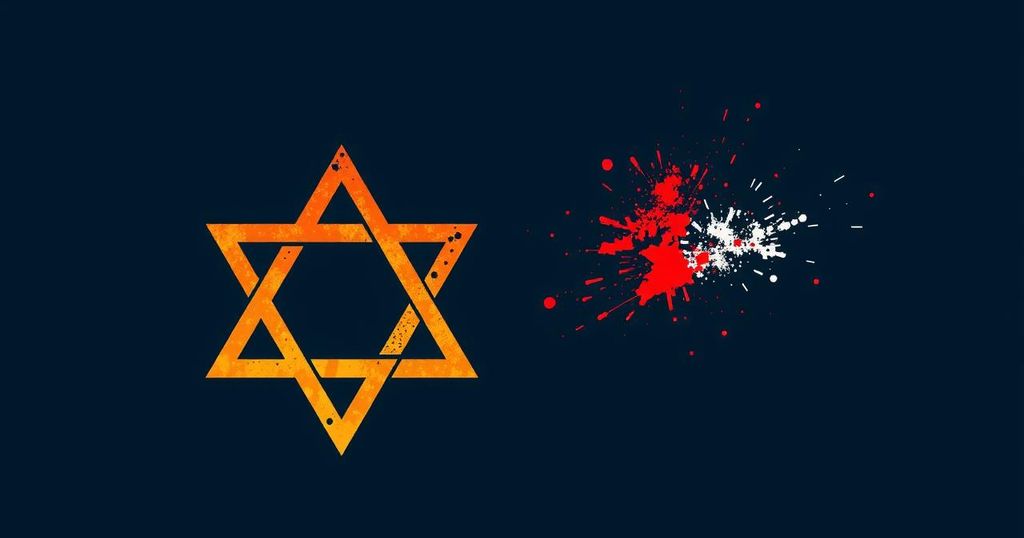UN Expert Denounces Violations of Freedom of Speech Amid Gaza Conflict

UN Special Rapporteur Irene Khan has raised serious concerns about freedom of speech violations related to the Gaza conflict, citing crackdowns on protests in Western democracies and the targeting of journalists in the region. Her report highlights significant restrictions on freedom of expression, especially regarding pro-Palestinian activities. She emphasizes the need for accountability for these breaches, noting that the ongoing conflict has seriously threatened journalistic integrity and public dissent.
During a press conference on Friday, UN Special Rapporteur Irene Khan expressed grave concerns regarding violations of freedom of speech linked to the ongoing Gaza conflict. As she presented her report entitled “Global threats to freedom of expression arising from the conflict in Gaza,” Khan remarked that the situation in Gaza has posed unprecedented threats to freedom of expression not only within the region but also significantly beyond its borders. She specifically highlighted the suppression of pro-Palestinian protests in Western democracies that occurred shortly after the conflict began. At US universities, she observed that protests faced severe crackdowns, with riot police forcefully dismantling encampments. Khan further drew attention to European nations, citing Germany’s banning of pro-Palestinian demonstrations last October, a restriction that continues to persist across various regions, while pro-Israeli rallies remain unhindered. Additionally, she criticized France’s previous attempts to impose a blanket ban on such demonstrations, which was ultimately overturned by the courts, leading to a more nuanced, case-by-case evaluation in its implementation. Furthermore, Khan expressed concern over the targeted killings of journalists in Gaza and the occupied West Bank, emphasizing that the intentional killing of a journalist constitutes a war crime. She lamented the apparent climate of impunity surrounding such actions in the context of the current conflict, along with other aggressive measures such as the destruction of press facilities and the prohibition of access to international media. Specifically, she noted, “The killing of journalists, destruction of press facilities, denying access to international media, banning Al Jazeera, and other actions by Israel, seem to indicate the strategy of the Israeli authorities to silence critical journalism and obstruct documentation of possible international crimes.” The violence in Gaza escalated significantly after Hamas’s attack on Israel on October 7, 2023, which resulted in the deaths of over 1,200 individuals, predominantly civilians. In rising retaliation, the ongoing military campaign reportedly has led to higher casualties among the civilian population of Gaza, with the latest figures indicating approximately 42,500 fatalities, as compiled by the health ministry in the Hamas-governed region, a source considered reliable by the UN.
The conflict in Gaza intensified following a Hamas attack on Israel in October 2023, which has raised global concerns regarding human rights violations, particularly the infringement of freedom of expression and the safety of journalists. The aftermath has witnessed significant civil unrest and response from several nations, resulting in the implementation of measures that have faced scrutiny under international law. The role of media and the ability to protest freely has been compromised, leading to calls from human rights advocates and UN officials for greater accountability and protection of fundamental freedoms.
Irene Khan’s report underscores the critical need to uphold freedom of expression in the face of escalating violence and suppression. The documented instances of protest crackdowns in Western democracies and the targeting of journalists in conflict zones signify a worrying trend that threatens democratic principles and human rights. The international community must address these violations to foster a climate where freedom of speech is genuinely respected and protected, even amidst political and military crises.
Original Source: jordantimes.com








